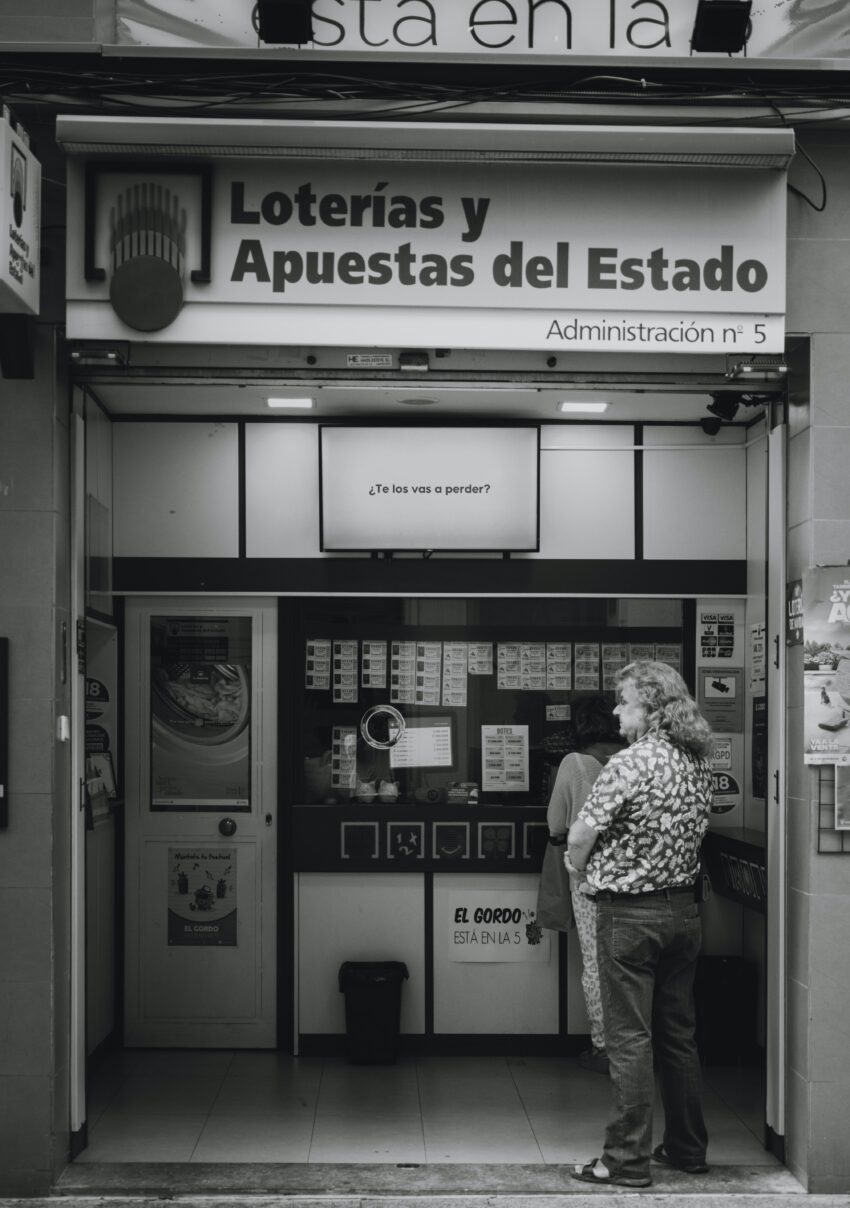The allure of Lotto America extends beyond the tangible dream of winning a jackpot; it delves into the intricate realm of human psychology. As players eagerly await the drawing, the decisions they make in selecting numbers and managing expectations are influenced by a complex interplay of cognitive factors. In this article, we explore the psychology behind Lotto America, shedding light on the mindset of lottery players. https://www.usalotterychecker.com/states/missouri-lottery
Hope and Anticipation:
Lotto America serves as a beacon of hope for millions, offering the chance to transform dreams into reality with the stroke of luck. The anticipation leading up to the drawing creates a unique emotional experience, where players navigate a spectrum of emotions from excitement and optimism to nervousness and suspense. The psychological impact of this rollercoaster ride adds a layer of depth to the overall lottery experience. https://www.usalotterychecker.com/states/arkansas-lottery
Symbolic Number Selection:
The act of choosing numbers becomes a symbolic expression of personal beliefs, superstitions, and aspirations. Players often select numbers that hold sentimental value, such as birthdays, anniversaries, or lucky digits. This personalized connection to the chosen numbers enhances the emotional investment in the game, making each drawing a deeply personal event. https://www.usalotterychecker.com/articles/what-states-keep-lottery-winners-secret
Cognitive Biases in Number Selection:
Cognitive biases play a significant role in the decision-making process when selecting Lotto America numbers. Availability bias, for example, may lead players to choose numbers that are easily recalled, such as those with personal significance or recently drawn numbers. Recency bias might influence players to believe that numbers that have appeared frequently in recent draws are more likely to be drawn again. https://www.usalotterychecker.com/articles/what-state-has-won-the-most-Mega-Millions
Loss Aversion and Ticket Purchases:
The psychological principle of loss aversion comes into play when players weigh the perceived pain of losing against the potential pleasure of winning. This can influence ticket purchasing behavior, as players grapple with the fear of missing out on a life-changing opportunity. The psychological impact of loss aversion adds an interesting layer to the decision-making process in playing the lottery.
The Illusion of Control:
Despite being a game of chance, some players may succumb to the illusion of control, believing that certain strategies or rituals can influence the outcome. Whether it’s relying on lucky charms, following specific number patterns, or using unique selection methods, these rituals provide a sense of control in an inherently uncertain environment. https://www.usalotterychecker.com/lotteries/gimme-5
Coping with Disappointment:
The aftermath of a drawing often involves coping with the disappointment of not winning. Understanding the psychological resilience required to navigate the emotional highs and lows of the lottery is essential. Successful players find ways to maintain a healthy perspective, appreciating the excitement of the game itself rather than solely fixating on the outcome. https://www.usalotterychecker.com/lotteries/pick-3
Lotto America, with its blend of chance and psychology, offers a fascinating glimpse into the human psyche. From the symbolic significance of number selection to the impact of cognitive biases, players embark on a psychological journey as they engage with the game. As the lottery continues to captivate minds and hearts, understanding the intricate interplay of emotions and decisions enriches the overall experience, making Lotto America not just a game of luck, but a captivating exploration of the human mind. https://plytelesvilniuje.lt/

